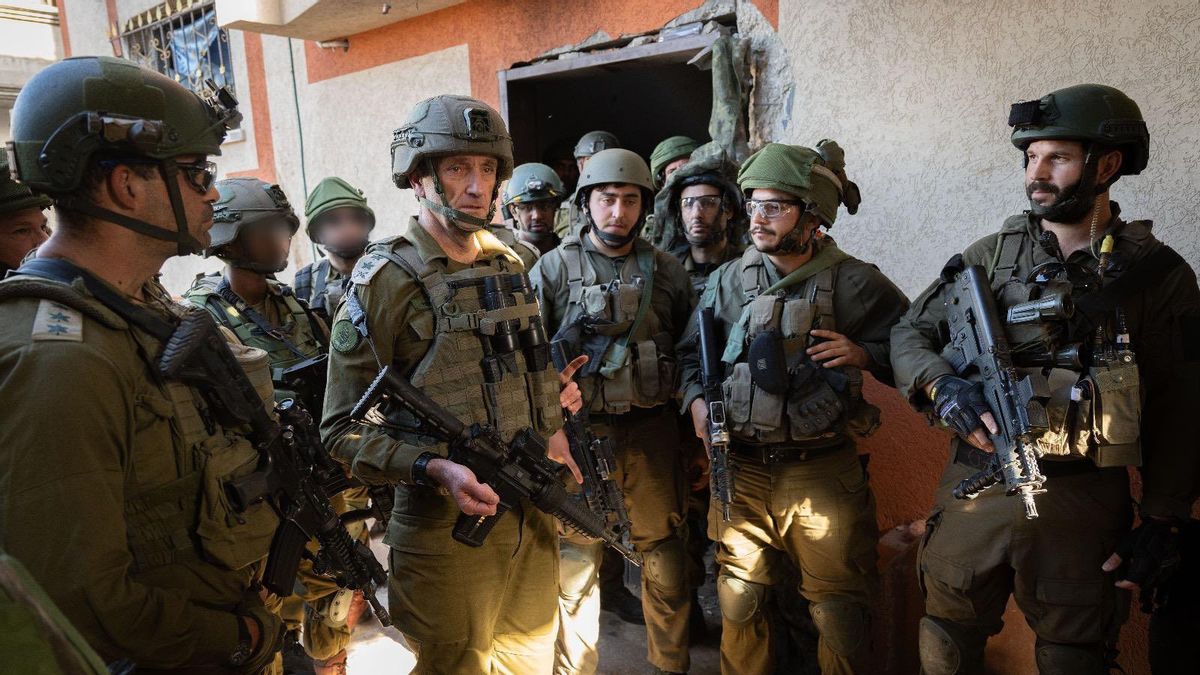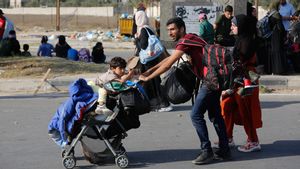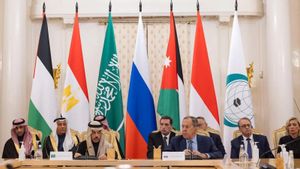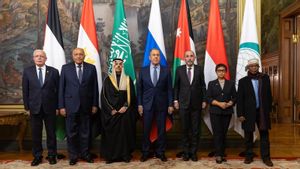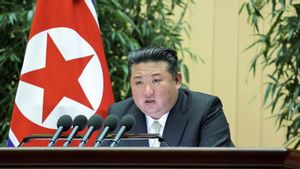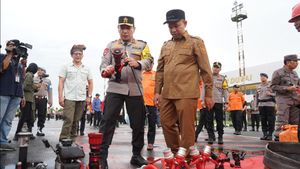JAKARTA - The Israeli authorities published a list of about 300 Palestinian prisoners who could be released, as part of the release of hostages by the Hamas militant group, while the military confirmed that no detainees related to attacks on their territory were also released.
Launching CNN November 22, the list includes details of prisoners to be released, including the age and reasons for their arrests.
Under the provisions of the recent negotiated agreement, the Israeli Cabinet Secretariat said 150 Palestinian prisoners would be released in four stages for four days, on condition that at least 10 Israelis held hostage will be handed over to the Israeli military (IDF) every day.
Israel said that during the release process, fighting would also be stopped.
The issuance of the names of 300 prisoners was carried out by Israel to anticipate the second phase of the agreement with the Hamas militant group.
The Secretariat said, if there was a second stage, the scheme would go the same as the first phase, including the release of Palestinians in groups on the condition of release of at least 10 Israelis per day and the cessation of fighting.
Meanwhile, IDF spokesman Lt. Col. Jonathan Conricus said, in order to avoid mistakes such as previous hostages-related deals, the IDF confirmed those related to the October 7 attack were not on the list.
"The flash behind a lot of terrible things that have happened since October 7, has indeed been excluded from the latest hostage-taking deal," Lieutenant Colonel Conricus told CNN.
VOIR éGALEMENT:
"What I know is that Palestinians who are released from prison are not at all terrorists of the caliber we talked about before, not serious violators," he said.
What Lieutenant Colonel Conricus means is likely to refer to the 2011 Shalit deal, which Israel's National Security Minister Itamar Ben-Gvir is also concerned about, a figure who criticized the deal.
Citing JNS, in the Shalit deal, Israel released more than 1,000 Palestinian prisoners, including Hamas leaders in Gaza Yahyah Sinwar, in exchange for the Israeli army in charge of Gilad Shalit.
The English, Chinese, Japanese, Arabic, and French versions are automatically generated by the AI. So there may still be inaccuracies in translating, please always see Indonesian as our main language. (system supported by DigitalSiber.id)
